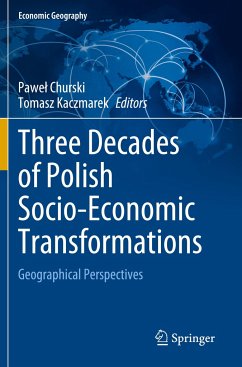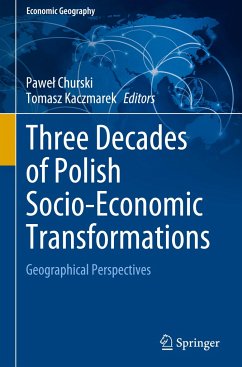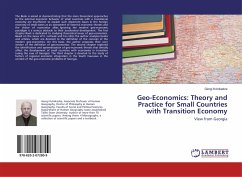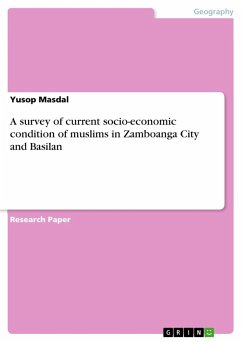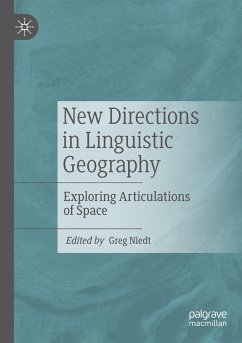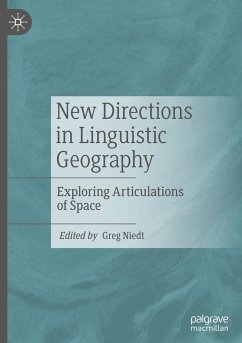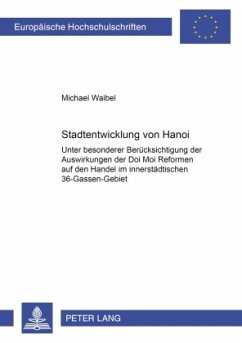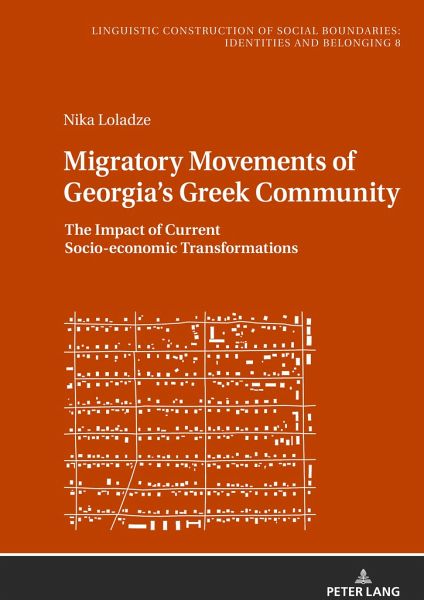
Migratory Movements of Georgia's Greek Community
The Impact of Current Socio-economic Transformations
Herausgegeben: Jungbluth, Konstanze
Versandkostenfrei!
Versandfertig in 6-10 Tagen
44,50 €
inkl. MwSt.

PAYBACK Punkte
0 °P sammeln!
This book investigates the interaction between complex transformational socio-economic processes, migratory vectors, and the role of ethnic belonging. It outlines the hitherto unexamined determining factors of the mass emigration of the Pontic and Urum Greeks of Georgia. The author addresses the following questions: How, if at all, did ethnic affiliation influence the decision-making process to emigrate? Therefore, should this migration be considered as a "repatriation" process, or should it rather be analyzed in the context of labor migration? The study triangulates qualitative and quantitati...
This book investigates the interaction between complex transformational socio-economic processes, migratory vectors, and the role of ethnic belonging. It outlines the hitherto unexamined determining factors of the mass emigration of the Pontic and Urum Greeks of Georgia. The author addresses the following questions: How, if at all, did ethnic affiliation influence the decision-making process to emigrate? Therefore, should this migration be considered as a "repatriation" process, or should it rather be analyzed in the context of labor migration? The study triangulates qualitative and quantitative analyses of 47 interviews, spatial analysis, as well as materials on Georgia's and the destination countries' socioeconomic realities. This enables a clear understanding of the circumstances that stimulate emigration, the routes, and the experience of living abroad.





